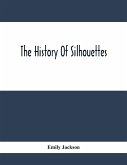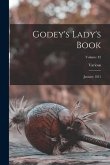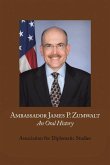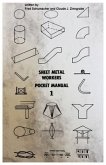Since 1980, The Tape-Recorded Interview has been an essential resource for folklorists and oral historians - indeed, for anyone who uses a tape recorder in field research. When this book was first published, the reel-to-reel recorder was the favored format for fieldwork. Because the cassette recorder has almost completely replaced it, Ives has revised the first chapter, "How a Tape Recorder Works", accordingly and has included a useful discussion of the differences between analog and digital recording. He has also added a brief section on video, updated the bibliography, and reworked his original comments on tape cataloguing and transcription. As in the first edition, Ives's emphasis is on documenting the lives of common men and women. He offers a careful, step-by-step tour through the collection process - finding informants, making advance preparations, conducting the actual interview, obtaining a release - and then describes the procedures for processing the taped interview and archiving such materials for future use. He also gives special treatment to such topics as recording music, handling group interviews, and using photographs or other visual material during interviews.








